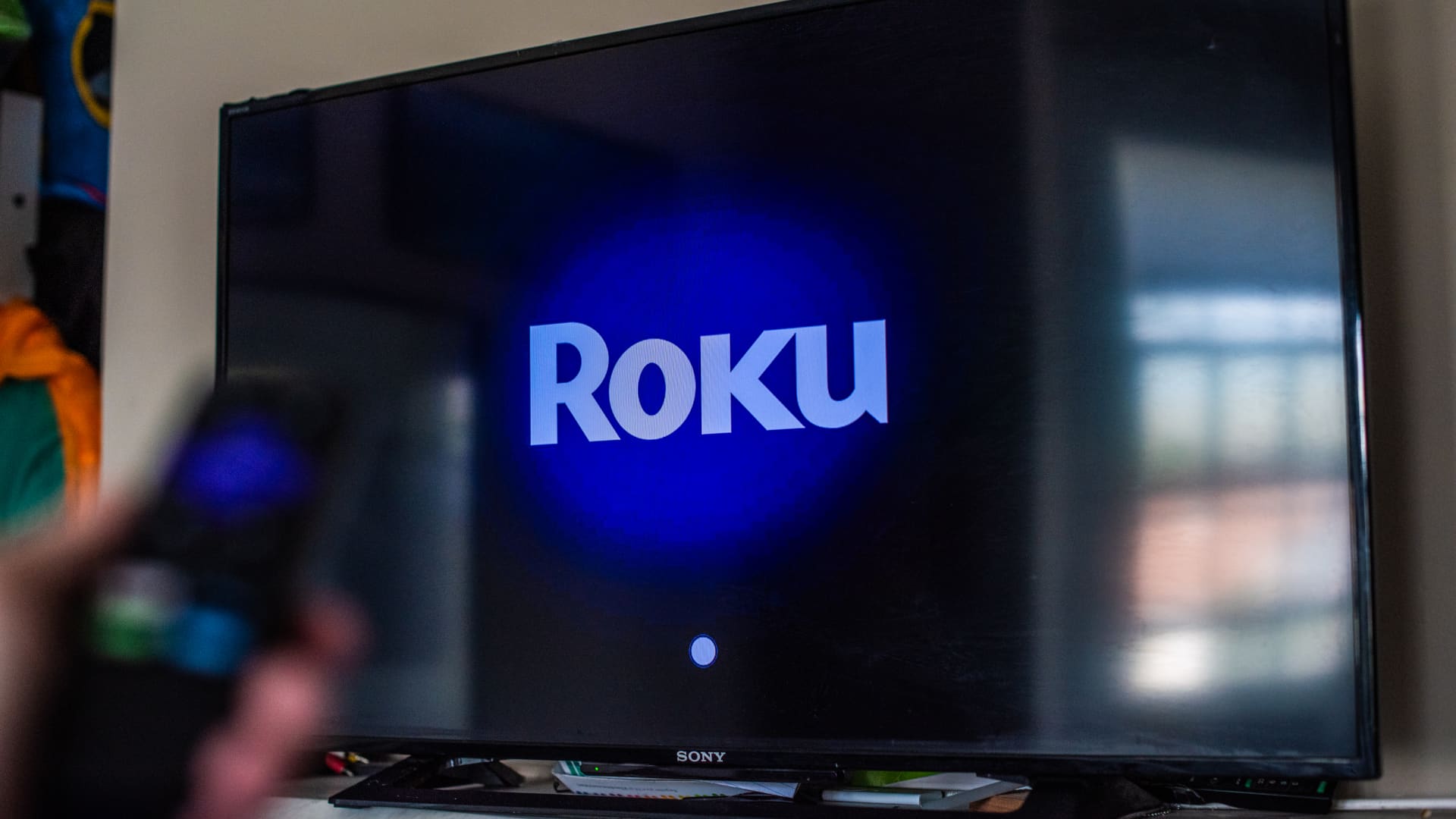Hiroki Takeuchi, co-founder and CEO of GoCardless.
Zed Jameson | Bloomberg | Getty Images
LISBON, Portugal — Financial technology unicorns aren’t in a rush to go public after buy now, pay later firm Klarna filed for a U.S. IPO — but they’re keeping a watchful eye on it for signs of when the market will open up again.
Last week, Klarna made a confidential filing to go public in the U.S., ending months of speculation over where the Swedish digital payments firm would list. Timing of the IPO is still unclear, and Klarna has yet to decide on pricing or the number of shares it’ll issue to the public.
Still, the development drew buzz from fintech circles with market watchers asking if the move marks the start of a resurgence in big fintech IPOs. For now, that doesn’t appear to be the case — however, founders say they’ll be watching the IPO market, eyeing pricing and eventually stock performance closely.
Hiroki Takeuchi, CEO of online payments startup GoCardless, said last week that it’s not yet time for his company to fire the starting gun on an IPO. He views listing as more of a milestone on a journey than an end goal.
“The markets have been challenging over the last few years,” Takeuchi, whose business GoCardless was last valued at over $2 billion, said in a CNBC-moderated panel at the Web Summit tech conference in Lisbon, Portugal.
“We need to be focused on building a better business,” Takeuchi added, noting that “the rest will follow” if the startup gets that right. GoCardless specializes in recurring payments, transactions that come out of a consumer’s bank account in a routine fashion — such as a monthly donation to charity.
Lucy Liu, co-founder of cross-border payments firm Airwallex, agreed with Takeuchi and said it’s also not the right time for Airwallex to go public. In a separate interview, Liu directed CNBC to what her fellow Airwallex co-founder and CEO Jack Zhang has said previously — that the firm expects to be “IPO-ready” by 2026.
“Every company is different,” Liu said onstage, sat alongside Takeuchi on the same panel. Airwallex is more focused on becoming the best it can be at solving friction in global cross-border payments, she said.
An IPO is a goal in the company’s trajectory — but it’s not the final milestone, according to Liu. “We’re constantly in conversations with our investors shareholders,” she said, adding that will change “when the time is right.”
‘Stars aligning’ for fintech IPOs
One thing’s for sure, though — analysts are much more optimistic about the outlook for fintech IPOs now than they were before.
“We outlined five handles to open the [IPO] window, and I think those stars are aligning in terms of the macro, interest rates, politics, the elections are out the way, volatility,” Navina Rajan, senior research analyst at private market data firm PitchBook, told CNBC.
“It’s definitely in a better place, but at the end of the day, we don’t know what’s going to happen, there’s a new president in the U.S.,” Rajan continued. “It will be interesting to see the timing of the IPO and also the valuation.”
Fintech companies have raised around 6.2 billion euros ($6.6 billion) in venture capital from the beginning of the year through Oct. 30, according to PitchBook data.
Jaidev Janardana, CEO and co-founder of British digital bank Zopa, told CNBC that an IPO is not an immediate priority for his firm.
“To be honest, it’s not the top of mind for me,” Janardana told CNBC. “I think we continue to be lucky to have supportive and long-term shareholders who support future growth as well.”
He implied private markets are currently still the most accommodative place to be able to build a technology business that’s focused on investing in growth.
However, Zopa’s CEO added that he’s seeing signs pointing toward a more favorable IPO market in the next couple of years, with the U.S. likely opening up in 2025.
That should mean that Europe becomes more open to IPOs happening the following year, according to Janardana. He didn’t disclose where Zopa is looking to go public.

 Economics1 week ago
Economics1 week ago
 Economics1 week ago
Economics1 week ago
 Economics1 week ago
Economics1 week ago
 Blog Post1 week ago
Blog Post1 week ago
 Personal Finance1 week ago
Personal Finance1 week ago
 Accounting7 days ago
Accounting7 days ago
 Personal Finance6 days ago
Personal Finance6 days ago
 Personal Finance6 days ago
Personal Finance6 days ago










